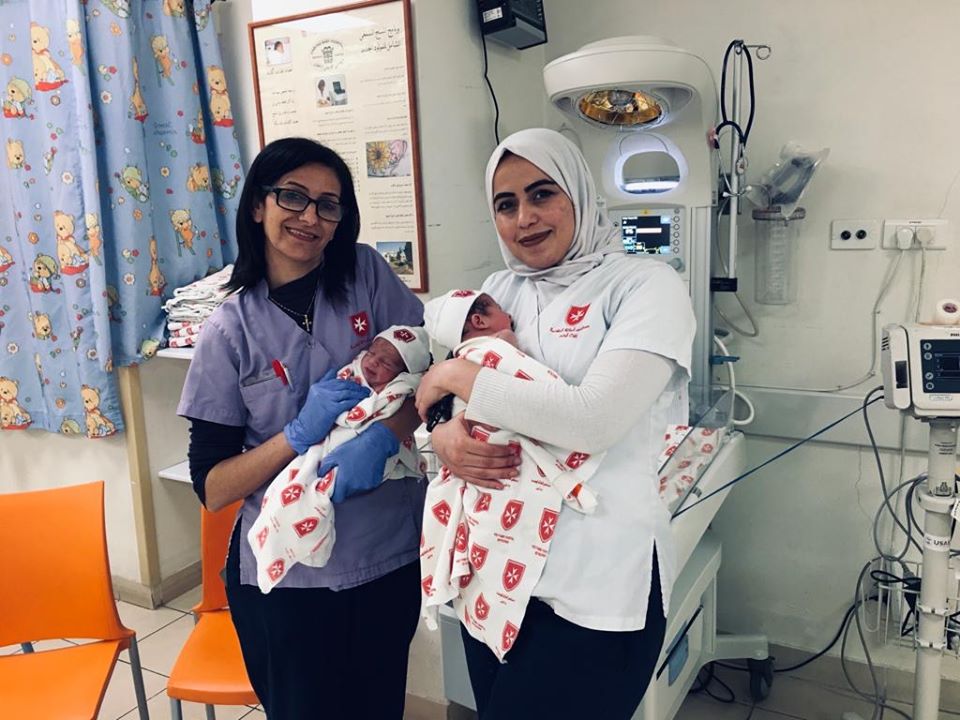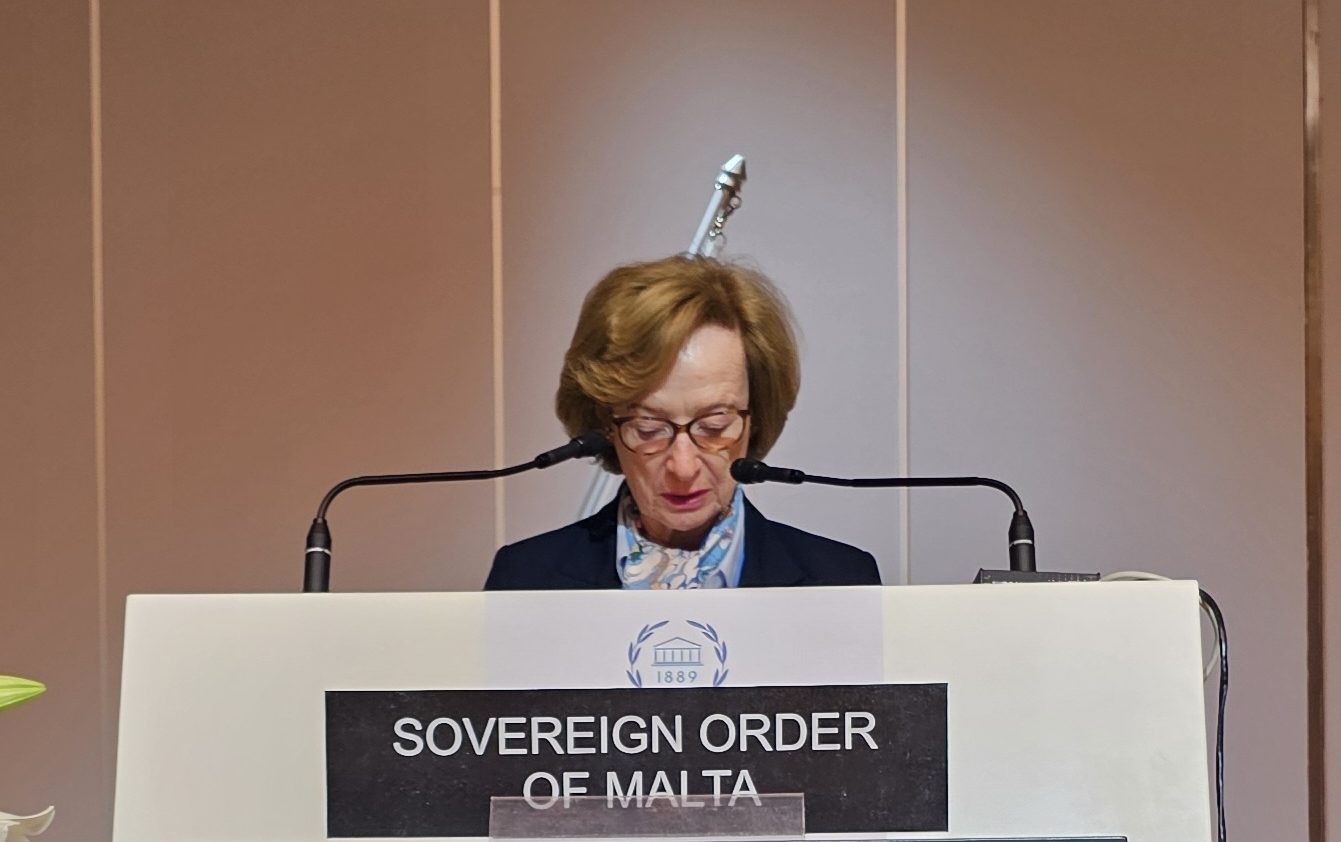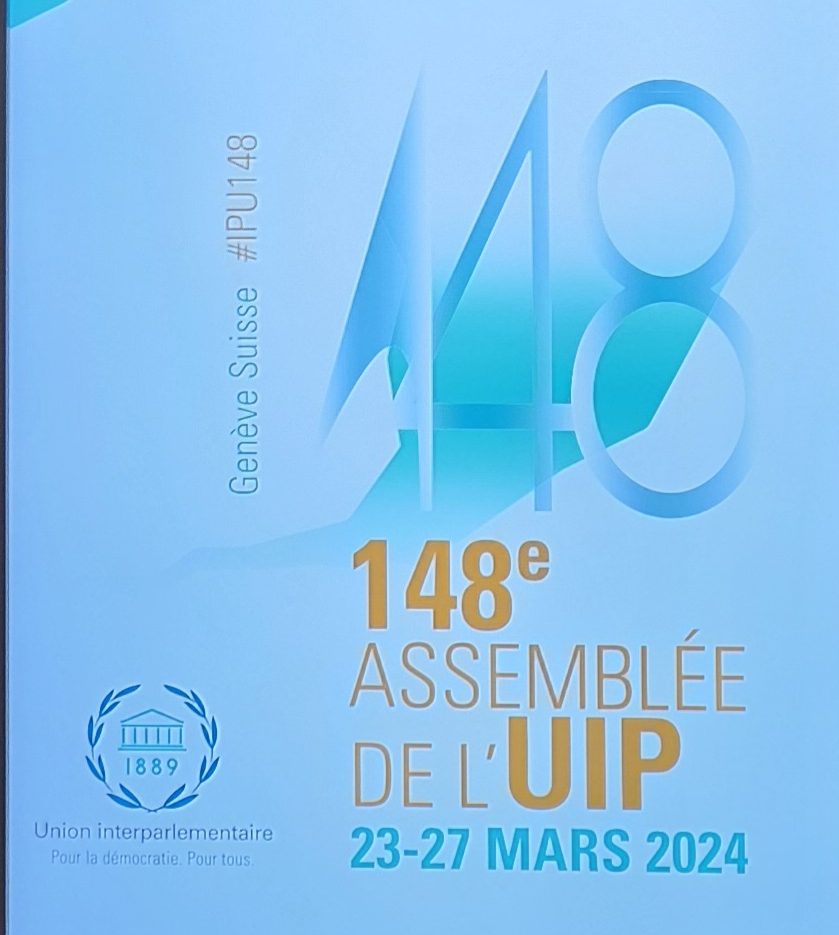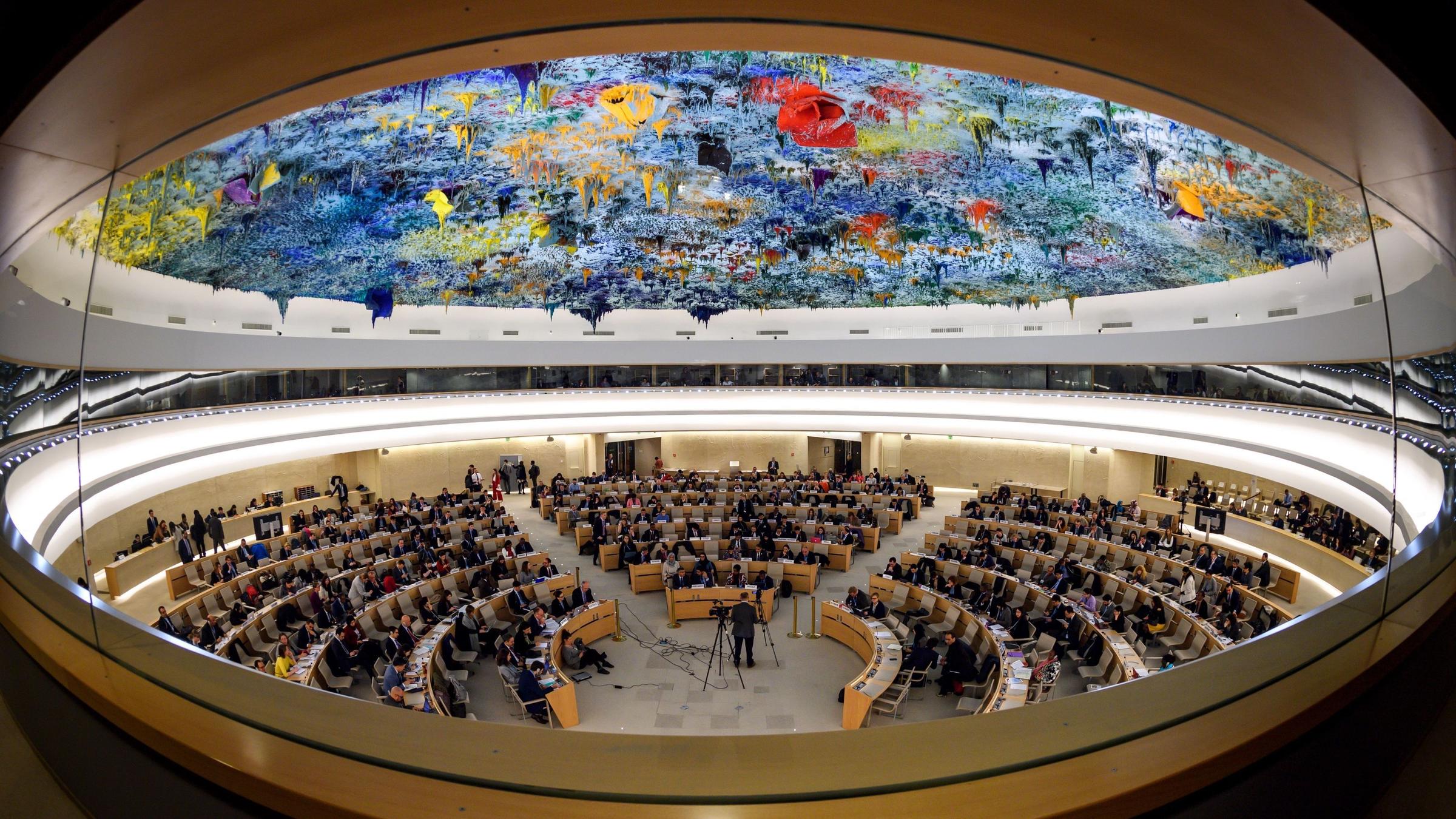Present in many conflict areas, from the Middle East to Sub-Saharan Africa, the Order of Malta calls for a joint response to the spreading of Covid-19 in regions where medical systems are already unable to cope even with their present demands. As the Grand Hospitaller Dominique de La Rochefoucauld-Montbel explains: “Concerns are mounting for communities living in war ridden zones across the globe, where access to primary health care is little and scarce. Displaced people in these areas suffer from a shortage of drinking water, food and health services”.
Altogether 25 African countries have already reported cases of Covid-19. The Order of Malta has many running medical activities in around 30 African countries and is providing protective equipment to its medical teams such as disinfection materials and products and small medical equipment: tensiometers, oxygen concentrators tents and stretchers. “The most important point is that we continue offering our medical services. We give priority to the protection of our staff so that it can continue working at the service of the local communities”, said the Grand Hospitaller.
Father Gérard who is founder and President of the Brotherhood of Blessed Gerard, in Mandeni in South Africa, one of the poorest places in the whole world, warns on a possible tsunami. “South Africa is a country of 59 million inhabitants and if the numbers are still small now, we see the tsunami arriving, we must hurry. We are facing an enormous danger, our health facilities are not up to this challenge, the virus is spreading quickly in the country”. “According to the Health Minister forecasts, 60-70% of the South African population will be infected by the virus. An epidemiological model predicts between 88,000 and 350,000 deaths for South Africa alone”.
Concerns are mounting on a possible outbreak of Coronavirus in Syria which has now entered its 10th year of war. In the northwestern province of Idlib alone, nearly a million people have fled their homes over the past year as result of the ongoing violence. Many are living in overcrowded settlements where sanitation and hygienic conditions are very poor. “The situation in North-West-Syria was already very fragile before the Corona outbreak, now with nearly 1 million new IDPs on the go, a quick spread of the virus would be beyond imagination. The health care system is already lacking capacity to deal with the war-related conditions” says Janine Janine Lietmeyer Team Leader Middle East for Malteser International, Order of Malta’s worldwide relief agency.
With its partner organizations in Syria, the Order’s worldwide relief agency continues to run and re-enforce the health capacities – hospitals and primary health care centres alike – and is scaling up activities in the Water, Sanitation and Hygiene (WASH) sector by distributing more water and hygiene articles and help repair the very poor sanitation structure in the camps and informal settlements. “Unfortunately, we are unable to serve the facilities with much needed protection equipment as nothing is available on the local market” explains Janine Lietmeyer.
In Palestine, in the West Bank, the Order of Malta Holy Family Hospital in Bethlehem, which has the one and only neonatal intensive care unit in the whole region, continues its precious work. Since the lockdown on 6 March, some 150 babies have been born. “Movement restrictions have increased difficulties to transport premature babies to our hospital, where staff can take care of babies born before 32 weeks and weighing some 500 grams, and for those babies who are in urgent need of surgery and must be moved to another hospital”, says Order of Malta’s Ambassador to Palestine, Michele Bowe. The situation in the region is especially worrying due to the lack of medical equipment such as ventilators and oxygen and the shortage of masks, alcohol and disinfectants.
The same concerns apply to other countries undergoing humanitarian crises resulting from civil wars, poverty and political unrest. Jelena Kaifenheim who is Malteser International’s regional manager for the Americas says: “In Colombia, we have a doctor on secondment to the health secretariat in La Guajira to support crisis management. The strict quarantine measures in Colombia have created additional needs. The situation is now dramatic, especially for Venezuelan refugees and indigenous populations, who survive on menial jobs and are now struggling to feed themselves. Most of them have no access to water, soap, health services, and lack the basic conditions to comply with quarantine regulations regarding hygiene.”
Malteser International is also part of a crisis group that includes the United Nations High Commissioner for Refugees (UNHCR), Pan American Health Organization (PAHO) and the local health ministry.




